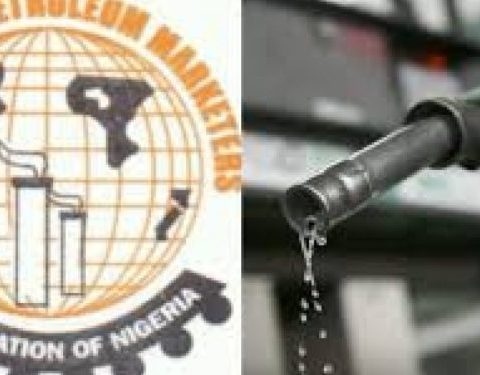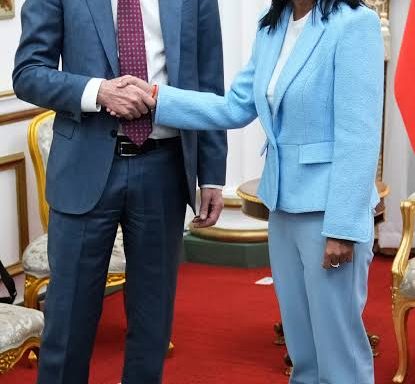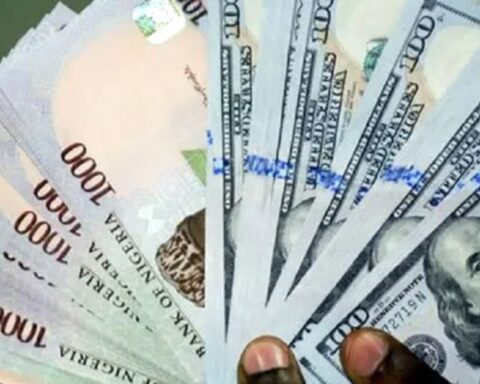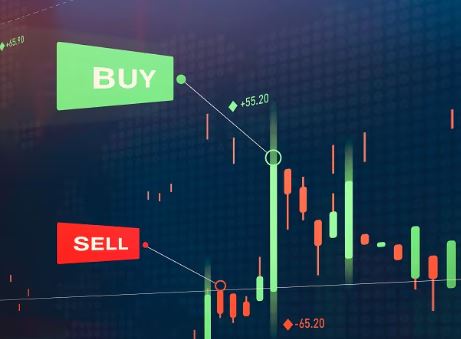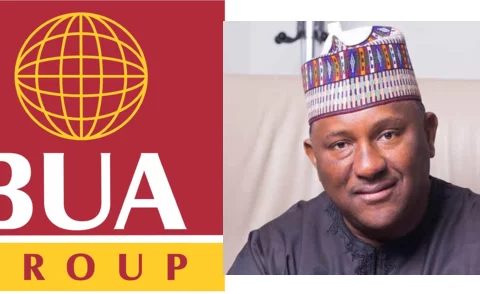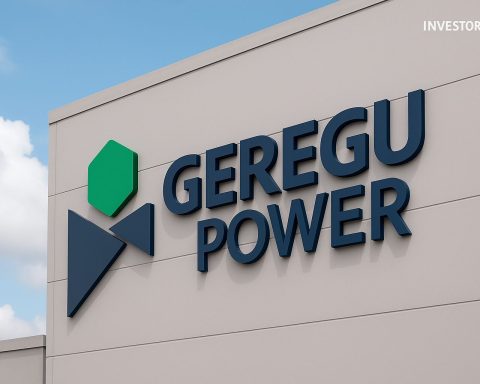Nigeria is facing renewed economic pressure as a fresh increase in petrol prices has sparked concerns over another wave of inflation.
Analysts have attributed the latest petrol price increase to the recent surge in crude oil prices in the international market following the escalation of conflict between Israel and Iran. The sudden increase in energy costs further strains households and businesses already grappling with rising costs.
Join our WhatsApp ChannelSince President Bola Tinubu’s administration ended the petrol subsidy scheme in May 2023, prices have been subject to market fluctuations, leading to periodic increases.
Prime Business Africa reports that the conflict has led to severe damage to critical oil infrastructure in Iran, triggering a sharp surge in global crude oil prices.
Iran, which is the third-largest oil-producing nation among the Organisation of the Petroleum Exporting Countries (OPEC), holds key control over disrupting the oil trade through the Strait of Hormuz.
The Strait of Hormuz is an important global trade passage for crude oil imports and exports out of Gulf nations. Any attempt to block the oil shipping route could cause a further spike in oil prices.
Prime Business Africa reports that oil prices rose to a five-month high, with Brent crude and West Texas Intermediate (WTI) nearing $80 per barrel against between $64 and $66 per barrel recorded the penultimate week for the crude grades.
The spike in global crude oil price forced Dangote Refinery, the largest domestic refiner in Nigeria, to increase its ex-depot price of petrol last week to N880 per litre, marking a N55 increase from the previous rate of N825.
Retail partners of the 650,000 barrels per day refinery have adjusted the pump prices of petrol in their filling stations across the country.
MRS Oil Nigeria PLC released a new price template on Saturday, indicating upward price adjustments.
According to the new price template, petrol will now be sold at between N925 and N955 per litre against between N875 and N905 sold previously in its filling stations nationwide.
Checks by Prime Business Africa correspondent revealed that other Dangote refinery retail partners have followed suit with the new price increase. Ardova PLC (AP), along the Oshodi-Apapa Expressway, sold at N925 per litre on Monday, 23 June. Similarly, Mobil Filling station along Airport Road dispensed at N925 per litre. An independent marketer, IBWAS, in the Isolo area of Lagos, also sold at N925 on Monday morning.
Prime Business Africa correspondent observed that the NNPCL equally increased their pump price of petrol. The national oil company’s retail outlet along Oshodi/Apapa Expressway sold at N915 per litre on Monday. This reflects a N45 increase from N870 sold previously in the nation’s commercial city.
Checks revealed that NNPC retail outlets in Abuja have adjusted their prices to N945 per litre, marking a fresh increase of N35 from N910 sold previously. Also, filling stations owned by independent marketers have increased their petrol pump price to between N930 and N955.
In South-east, specifically, Enugu, while NNPCL was selling at N920, other independent marketers are selling between N930 and N940 per litre.
A commercial driver, Edwin Udoh, expressed surprise at the sudden hike in the price of petrol. He said: “With the price drop we have been seeing in recent times since Dangote refinery started selling to marketers, I didn’t expect that we would wake up with another increase within this period.”
READ ALSO: Expert Predicts Further Petrol Price Drop In June, July Amid Competition, Naira Stability
He urged the government to do all it can to ensure that the situation does not get worse.
Speaking on the development, National President of the Independent Petroleum Marketers Association of Nigeria (IPMAN), Abubakar Maigandi, said the increase was caused by the rise in crude oil prices in the international market.
Maigandi stated that with Nigeria operating a deregulated market system, it is susceptible to volatility of oil prices in the international market, which influences the price of refined petroleum products. According to him, the cost of domestic petrol would go down as soon as the price of oil fell globally.
He explained that IPMAN members don’t buy much stock and increase the price once they get fresh stock with additional prices. He said the most important thing is that the product is available and Nigerians can get it without forming long queues at filling stations.
Impact on Inflation
Nigeria’s headline inflation had, after hitting a high of 34.60 per cent in December 2024, dropped to 24.48 per cent in January and 23.18 per cent in February. After rising to 24.23 per cent in March, it has eased for two consecutive months in April (23.71 per cent) and May (22.97 per cent). In all of these, food and transport costs are major drivers. There are concerns that the latest fuel price surge could worsen the situation by: increasing transportation costs, which affect food prices; raising production expenses for businesses, leading to higher consumer prices and further reducing purchasing power for already struggling Nigerians.
Speaking on the rising oil prices, Chief Executive Officer, Centre for the Promotion of Private Enterprises (CPPE), Dr. Muda Yusuf explained that while the surge in crude oil price would lead to increase in foreign exchange earnings, as oil is the biggest forex earner for the country, “Economies around the world [Nigeria inclusive] would witness a surge in the price of petrol, diesel, jet fuel, gas and related products in the near term. This would have far-reaching implications for many economies and businesses.”
He further stated that “Energy cost is a major factor in the Nigerian inflation equation. It impacts production cost, logistics cost, transportation costs, and the cost of power generation. This presents an inflationary scenario.”
Victor Ezeja is a passionate journalist with seven years of experience writing on economy, politics and energy. He holds a Master's degree in Mass Communication.



